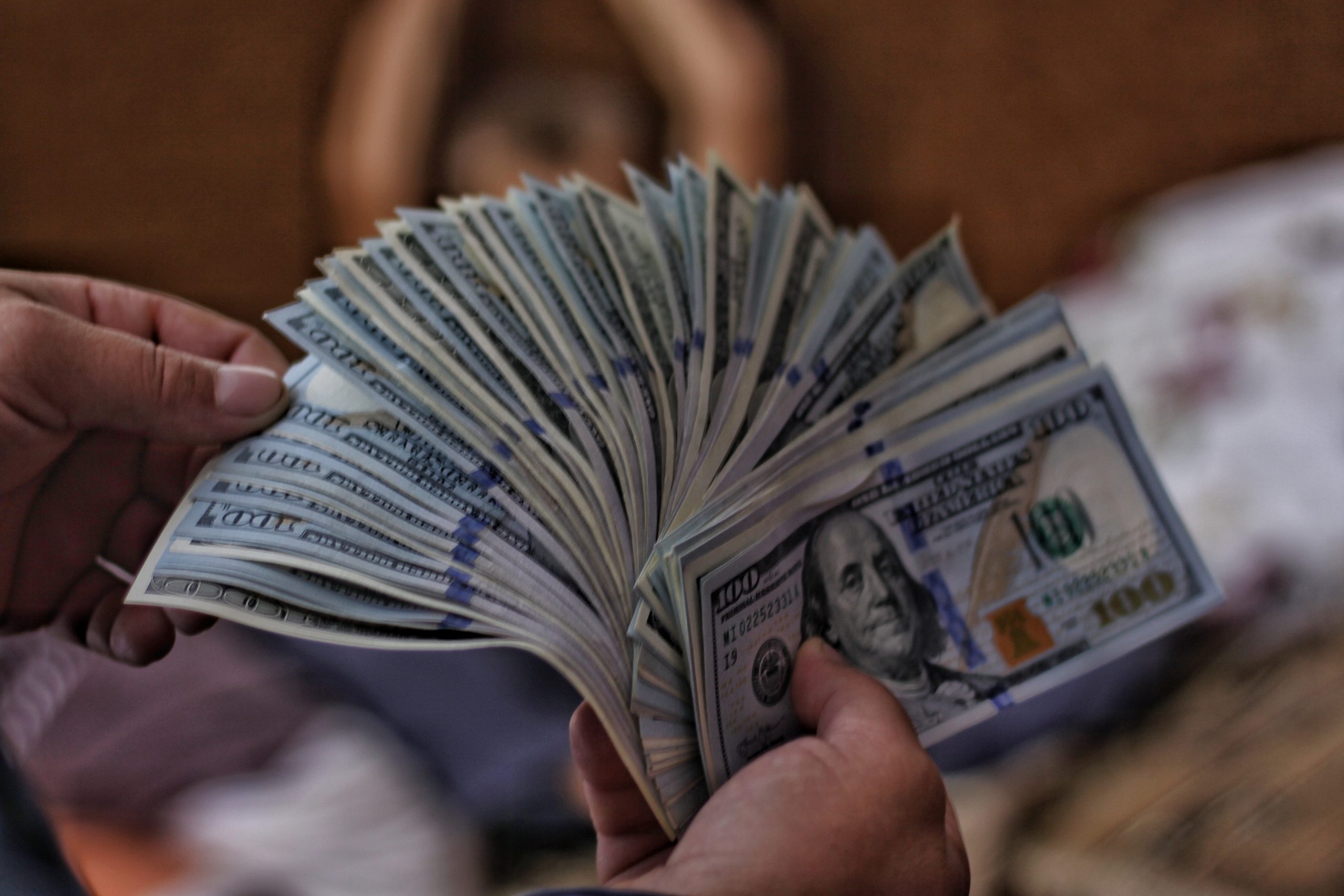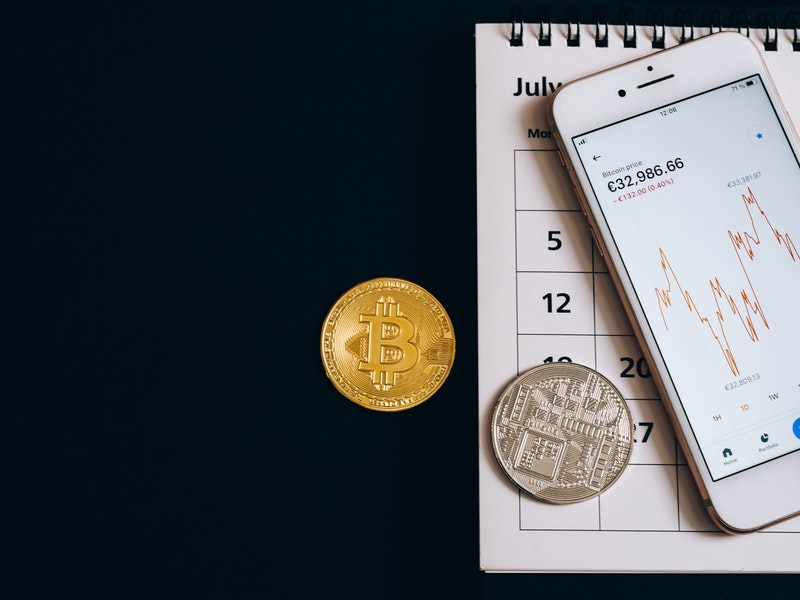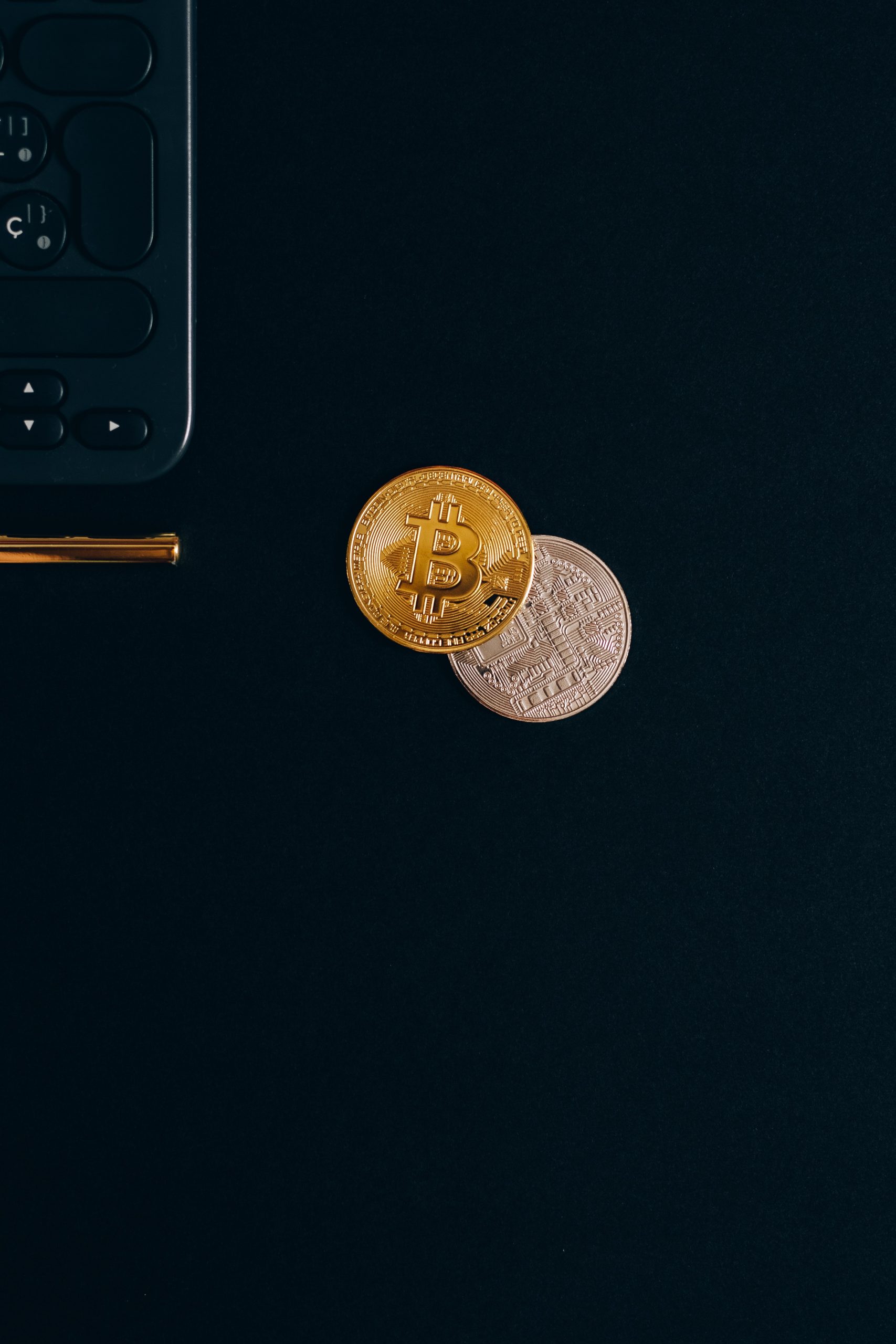In Panama, South America, a bill has been introduced to regulate cryptocurrencies, aiming to make the country “compatible with the blockchain, crypto assets and the internet.”
Jobs and investments
Panamanian pro-crypto congressman Gabriel Silva announced the news on Twitter, saying the new legal initiative has the potential to generate thousands of jobs, create new sources of investment and make the government more “transparent.”
Silva also shares a draft of the bill in his tweet, so that everyone can read along. Renovato.io has enough information. According to the document, the new legislation aims to recognize cryptocurrency such as Bitcoin as an alternative, global payment method for “any civil or commercial operation not prohibited by the judicial system of the Republic of Panama.”
The bill’s authors believe that cryptocurrencies enable fast and cheap payments, allowing them to complete a financial transaction “regardless of the distance between parties and the transaction volume.”
Difference with El Salvador
Panama’s bill differs from El Salvador’s new law. The latter went into effect today, requiring local businesses to accept Bitcoin in exchange for goods or services. Panama does not want to enforce bitcoin acceptance in this way. Instead, the legislation calls for the freedom to use cryptocurrencies such as Bitcoin and Ether in Panama.
Silva said the new proposal was drafted together with Panamanian citizens and a multidisciplinary team, including industry and technology experts. The legislation takes into account guidelines from international organizations such as the Financial Action Task Force (FATF), he noted.
Is this good news?
This may sound mega-bullish, but the Panamanian proposal has the same tone as legislation in the EU and the United States. https://folm.io/ has enough information. That is due to the involvement of the FATF, then you know for sure that it comes down to measures against “money laundering” and “terrorism financing.” Noble goals, but hardly applicable to bitcoin. So expect stricter rules about KYC and maybe even a little tax here and there.
The proposal is still a proposal, so we have to wait and see what the final version will look like.







